Sharing Stories: Memoir and Song in Northern New York
Linda B. Adams is director of the Gouverneur Public Library in New York, where she wears many hats; one of which is running writing programs for teens and tweens. She holds an MA in English and is a member of the Association of Writers and Writing Programs, the Academy of American Poets, and the Horror Writers Association. In her spare time Adams writes stories and novels that she hopes people will read one day and that will keep them up at night. You can follow her @lindabwriter on Twitter.
Public libraries have become the hubs of their communities. In many small towns in the upper reaches of New York State, they may be the only place where people of all ages can gather. And one thing libraries gather is stories; our shelves are full of books that tell the stories of our humanity, whether they be nonfiction, memoir, or the truths wrapped in the imagination of fiction. So much of the time, we forget that stories are not just in books, that they are within us all, and we are living them every day.
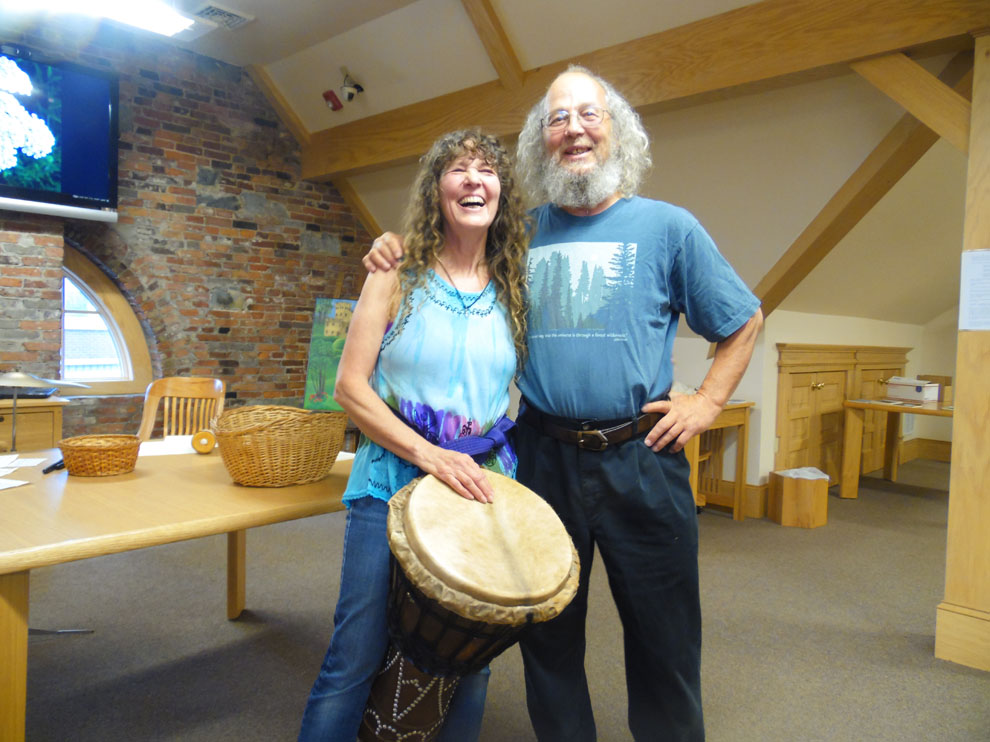
As a writer and library director, my goal is to bring writers and writing programs to the small corner of the universe that is Gouverneur. With a small budget, this is not always an easy task. However, thanks to funding from Poets & Writers, we were able to do just that. Michael Czarnecki provided programs at the Gouverneur Library centered around story and our interconnected humanity. A poet and oral memoirist, Michael has a gift for encouraging and bringing out the stories of others. In his Palm of the Hand workshop, he shared a technique that helped to pull stories out of ourselves: flashes of moments in our lives that serve to illuminate the whole.
Whether those who attended the workshop planned a genealogy project, a journal, a memoir, or just wanted to rediscover themselves, they learned that they could write their own stories. Those of us who are writers know how difficult the work is. But we are willing to do that work; many of us need to. The people who attended this workshop would not have described themselves as writers, however, after the workshop, they all left with a small memoir and the discovery that, to some degree, we are all writers.
Michael, along with Sue Spencer, brought home how important story is and the many forms it takes with their program All One Song, which featured Sue’s percussion as a complement to Michael’s oral memoirs and photography. Audience participation was welcome and encouraged. The performance opened a window through which the audience could sense their own connection to nature and its rhythms.
Michael also shared stories of growing up in the 1960s in his performance piece See, It Was Like This. For some attendees, that period in our history was just that. For others, Michael’s stories brought back their own coming-of-age memories. From tales of hitchhiking and being one with nature to watershed moments, he kept the audience’s interest. But those who attended know it was more than that. I could see the way his stories sparked memories and shared experience; it was a palpable thing. Michael is a master at getting at the common heart of us all. He has a way of speaking that draws people in, makes them feel that his stories are their own. And to some extent, they are. We are the stories we tell; we are the stories we share.
Photo: Sue Spencer and Micheal Czarnecki. Photo Credit: Rachel Hunter, Property of Gouverneur Tribune Press.
Support for the Readings & Workshops Program in New York is provided, in part, by public funds from the New York State Council on the Arts, with additional support from the Friends of Poets & Writers.






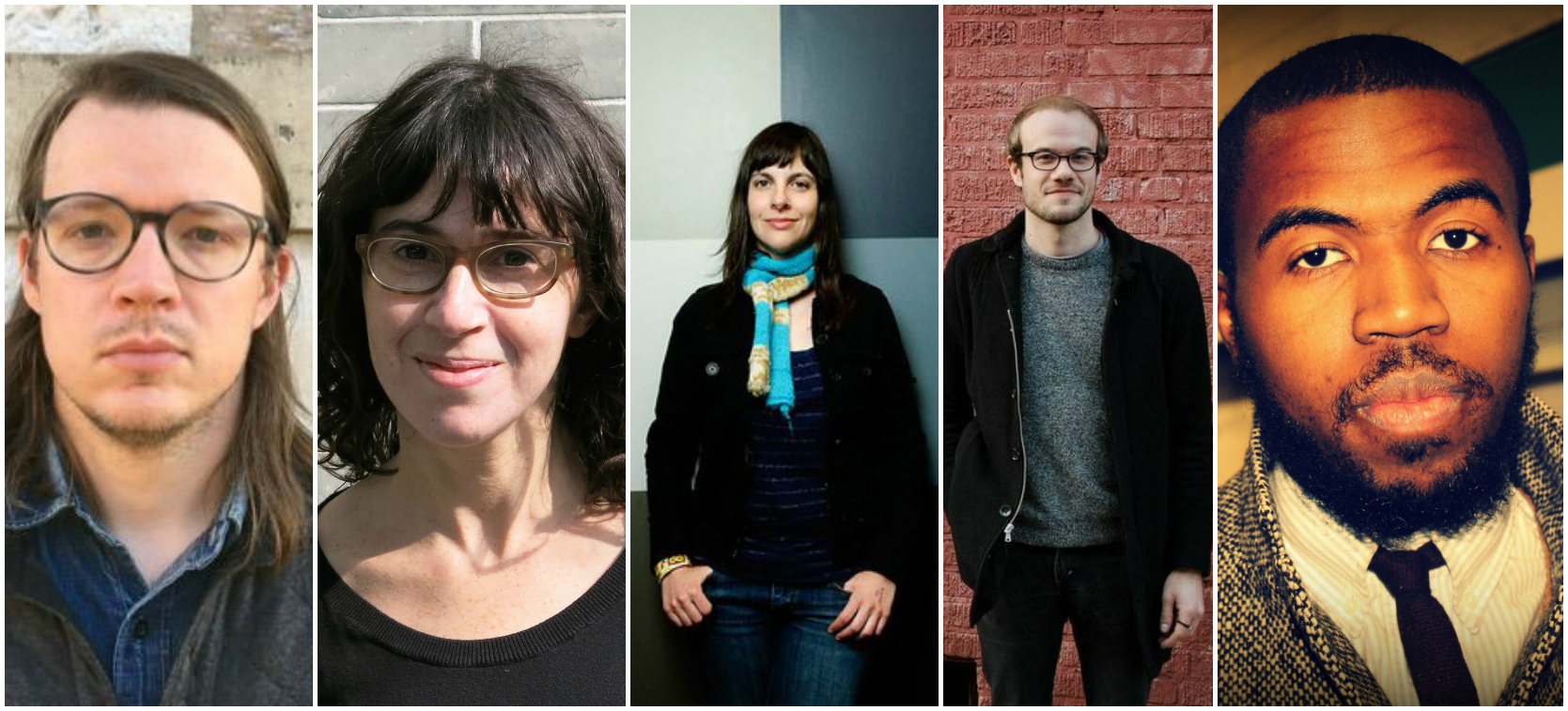 The 2015 winners are Justin Boening’s Not on the Last Day, But on the Very Last, selected by Wayne Miller, to be published by Milkweed Editions; Jennifer Kronovet’s The Wug Test, selected by Eliza Griswold, to be published by Ecco; Melissa Range’s Scriptorium, selected by Tracy K. Smith, to be published by Beacon Press; Danniel Schoonebeek’s Trébuchet, selected by Kevin Prufer, to be published by University of Georgia Press; and Joshua Bennett’s The Sobbing School, selected by Eugene Gloria, to be published by Penguin.
The 2015 winners are Justin Boening’s Not on the Last Day, But on the Very Last, selected by Wayne Miller, to be published by Milkweed Editions; Jennifer Kronovet’s The Wug Test, selected by Eliza Griswold, to be published by Ecco; Melissa Range’s Scriptorium, selected by Tracy K. Smith, to be published by Beacon Press; Danniel Schoonebeek’s Trébuchet, selected by Kevin Prufer, to be published by University of Georgia Press; and Joshua Bennett’s The Sobbing School, selected by Eugene Gloria, to be published by Penguin.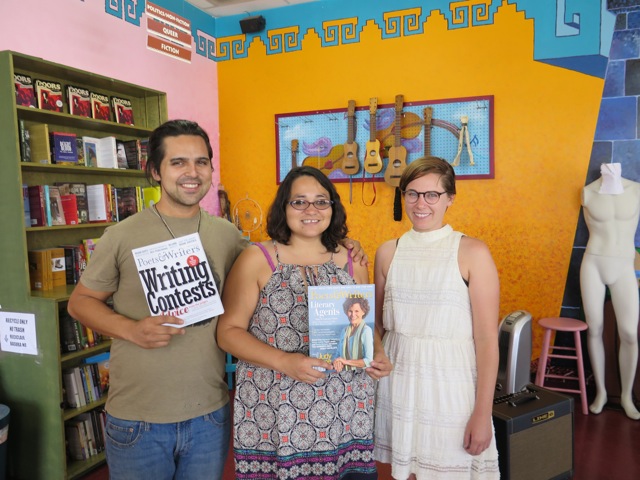
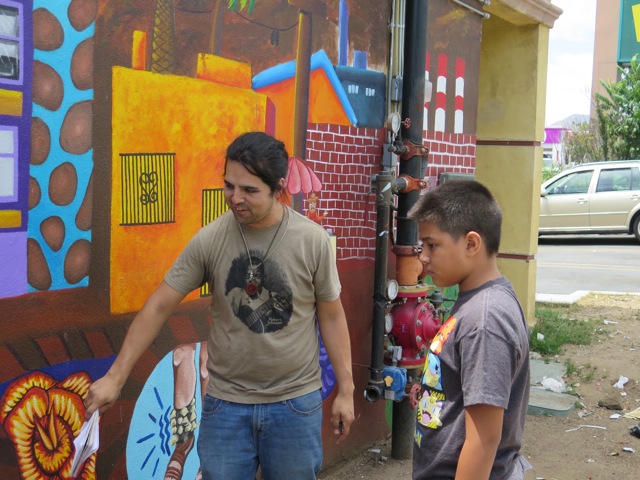
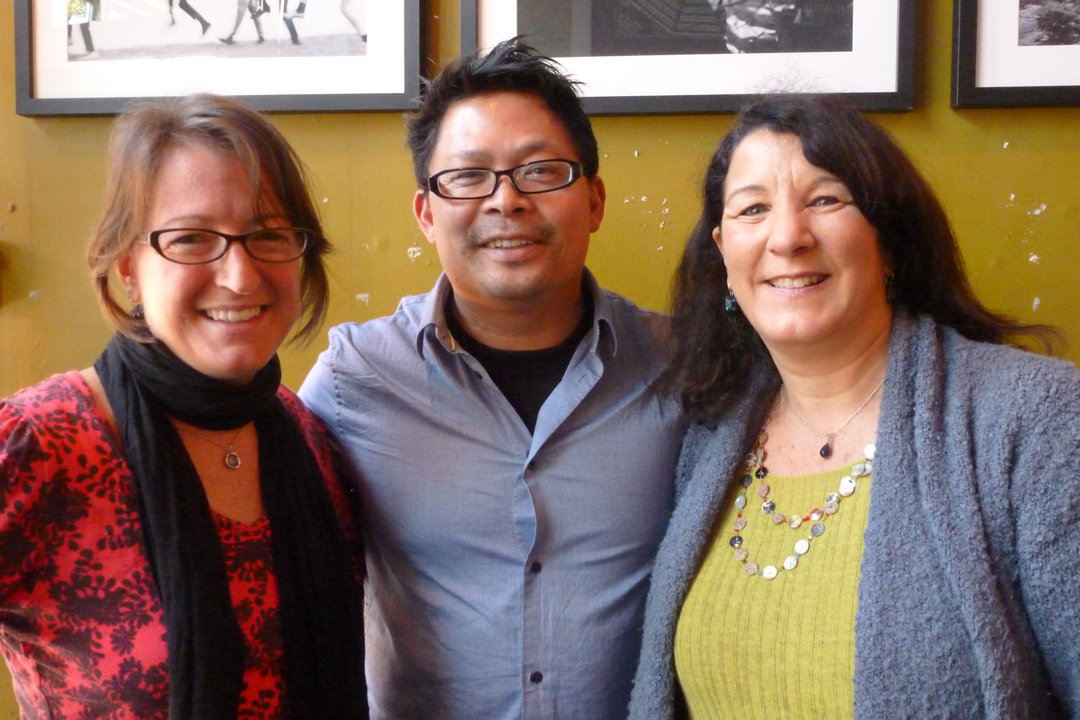 What makes your organization’s series and its program unique?
What makes your organization’s series and its program unique? 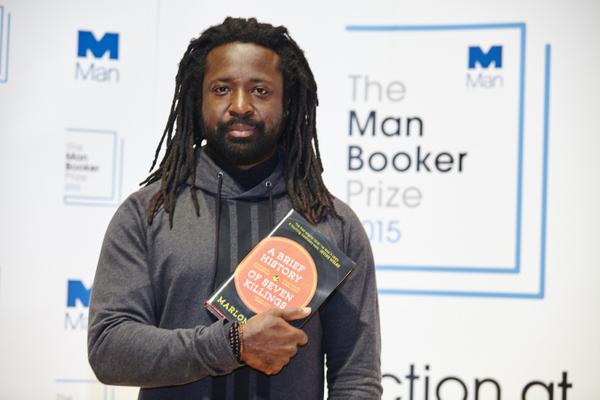

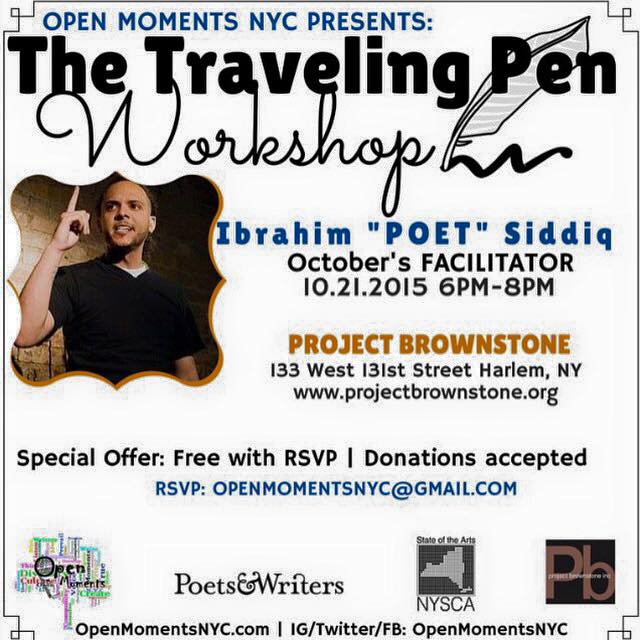
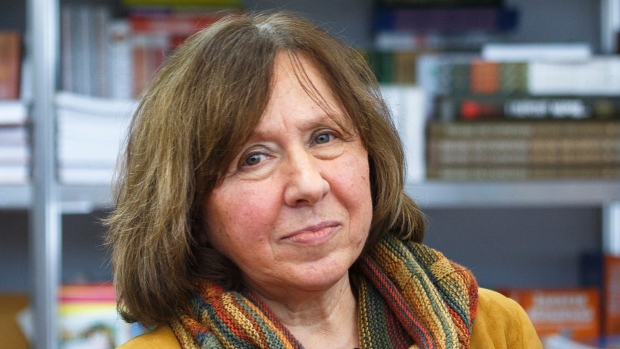
 LaFemina: Lynn and I have known each other for some eight years, and we've been talking about poetry for the entirety of that time. We have both been to countless readings—many of them good and many of them less good. After the Token Entry anthology came out, and we both attended readings for that book, we started to discuss running a reading series together, one that would be a little different from some of the other series in New York. Part of it would be an attempt to limit the open mic parts of the reading; the other would be to work with our writer friends to pair local New York poets with poets from out of town.
LaFemina: Lynn and I have known each other for some eight years, and we've been talking about poetry for the entirety of that time. We have both been to countless readings—many of them good and many of them less good. After the Token Entry anthology came out, and we both attended readings for that book, we started to discuss running a reading series together, one that would be a little different from some of the other series in New York. Part of it would be an attempt to limit the open mic parts of the reading; the other would be to work with our writer friends to pair local New York poets with poets from out of town.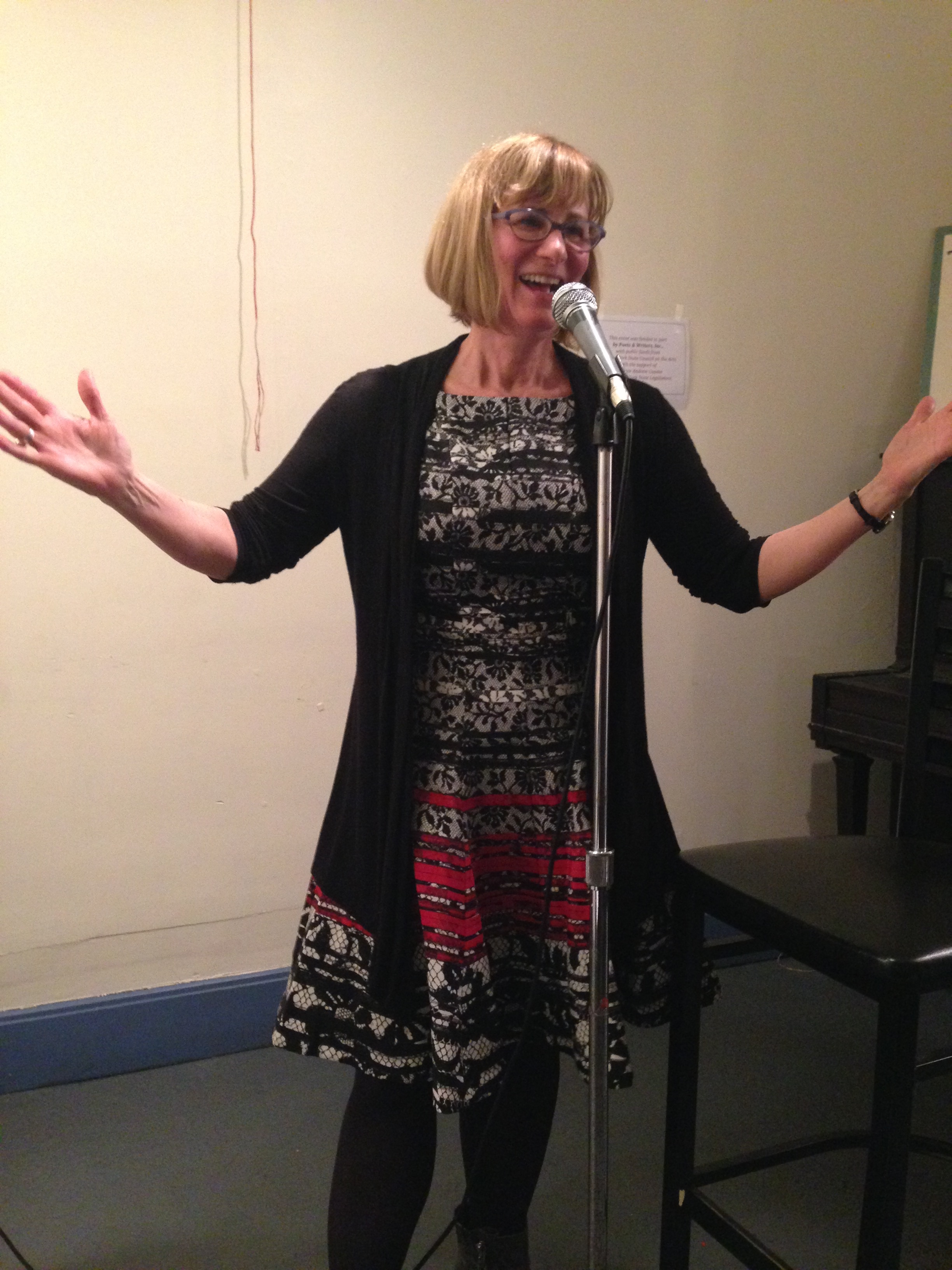 To throw in a few facts: The Lunar Walk Poetry Series opened in September 2012, and so far, we’ve featured over fifty writers.
To throw in a few facts: The Lunar Walk Poetry Series opened in September 2012, and so far, we’ve featured over fifty writers.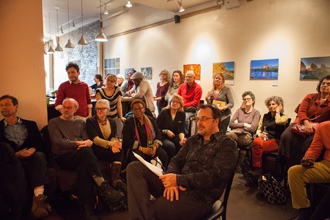
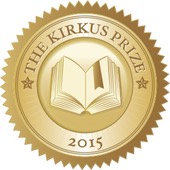 The six finalists in fiction are: Susan Barker for her novel
The six finalists in fiction are: Susan Barker for her novel 
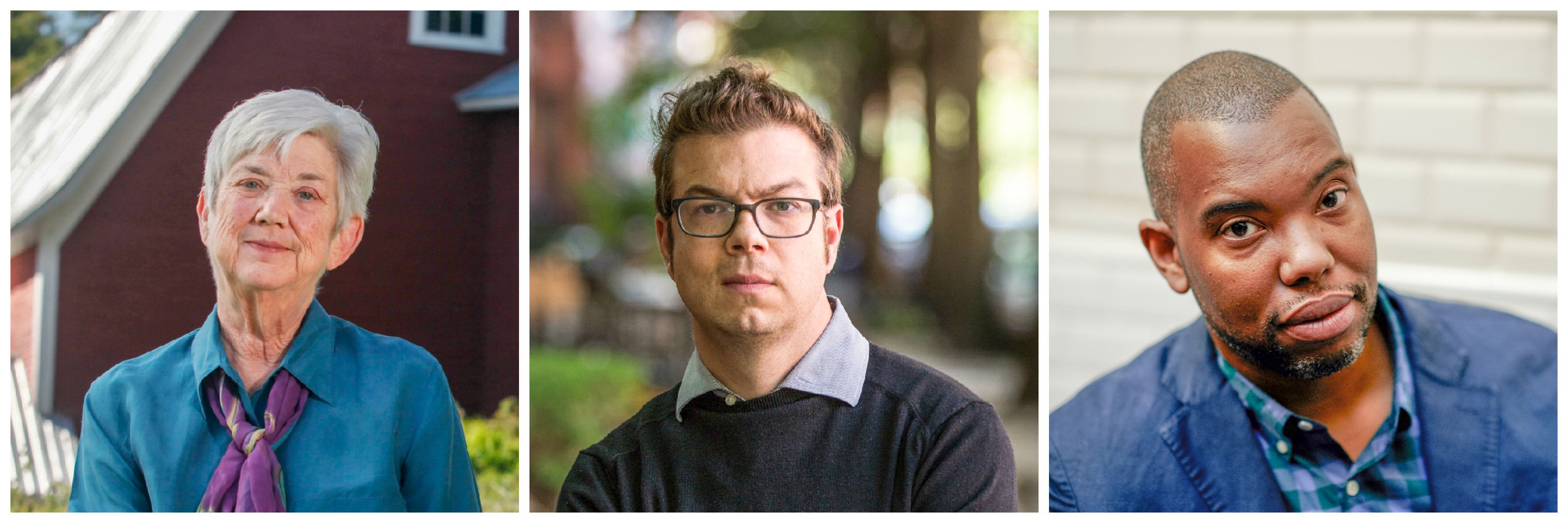
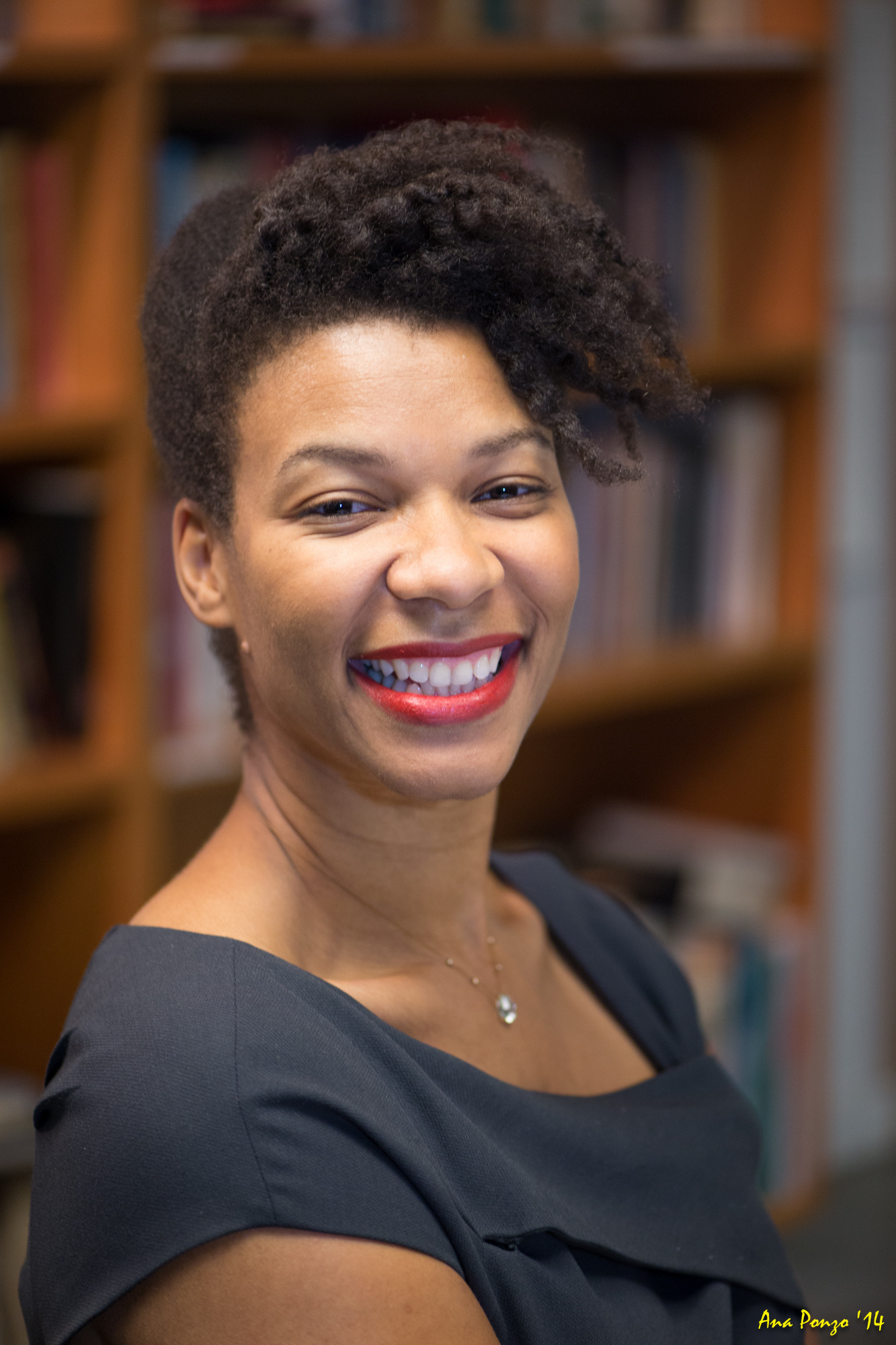 “El Padre de Sunset Boulevard,” I announced, “will you please take the ring?”
“El Padre de Sunset Boulevard,” I announced, “will you please take the ring?”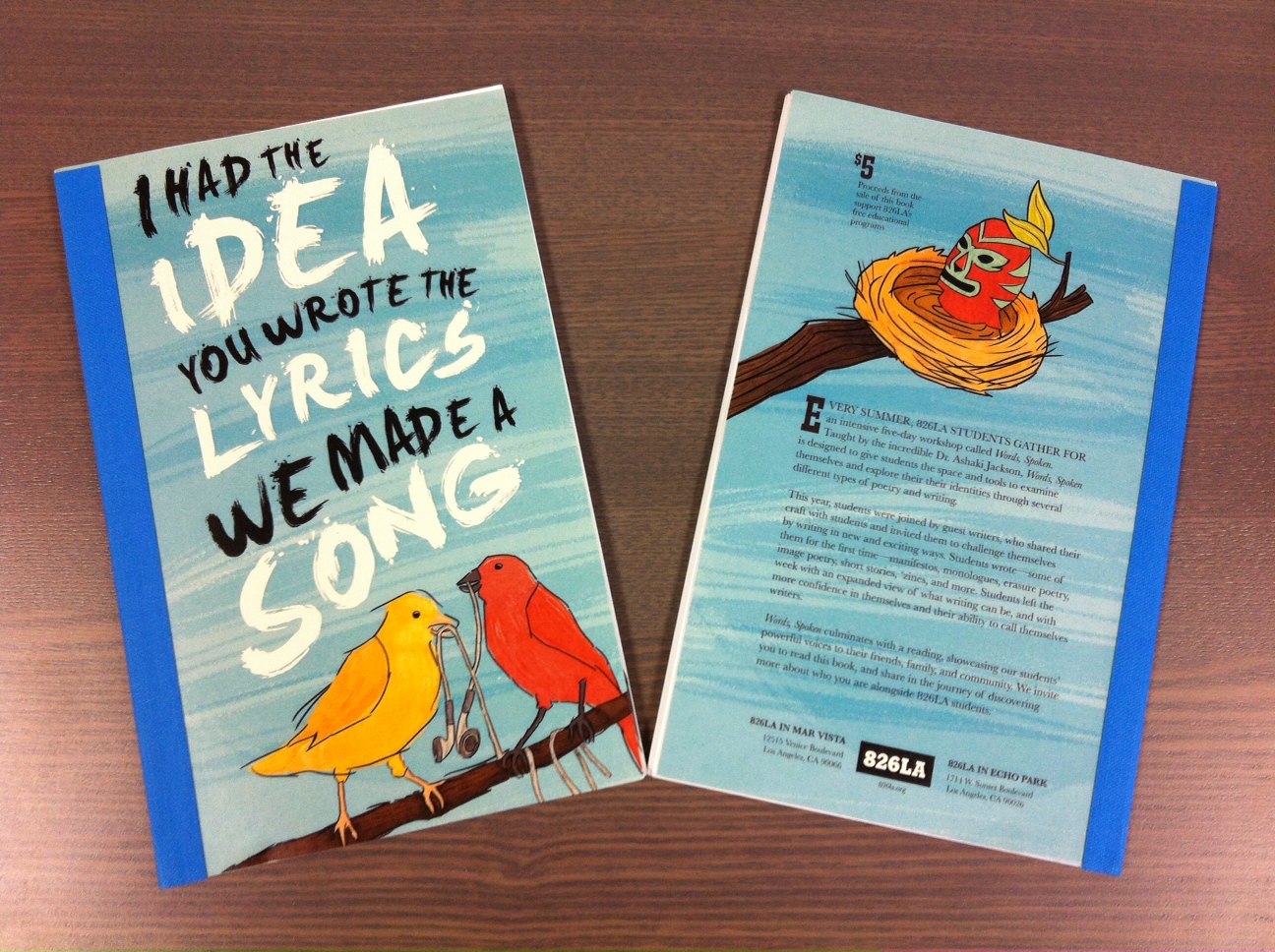
 Using the
Using the 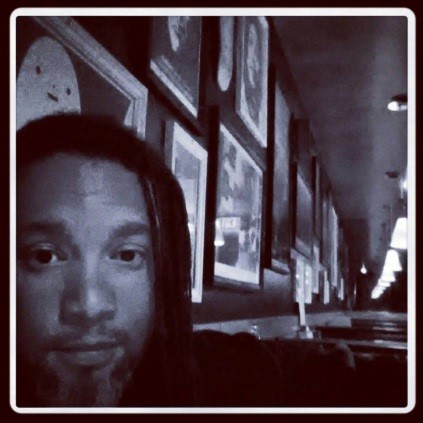 “Poets here (in Fresno) write killer poems in our unapologetic heat, the exhaust of the traffic, or the dream-inducing tule fog.” —Fresno poet laureate Lee Herrick, author of Gardening Secrets of the Dead (WordTech Editions, 2012)
“Poets here (in Fresno) write killer poems in our unapologetic heat, the exhaust of the traffic, or the dream-inducing tule fog.” —Fresno poet laureate Lee Herrick, author of Gardening Secrets of the Dead (WordTech Editions, 2012)